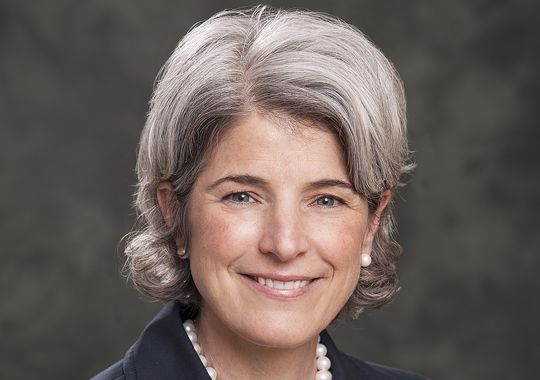Retirement: Many do-it-yourself investors not engaged
HTTP/1.1 200 OK Server: nginx/1.2.7 Content-Type: text/html; charset=utf-8 Content-Language: en Last-Modified: Tue, 20 May 2014 13:53:50 GMT X-UA-Compatible: IE=Edge,chrome=1 X-Secret: cnpudnkgcnpiZXZnbUBoZm5nYnFubC5wYnogbmFxIFYganZ5eSBnZWwgZ2IgdHJnIGxiaCBuIHdiby4= Cache-Control: max-age=20 Expires: Tue, 20 May 2014 13:58:56 GMT Date: Tue, 20 May 2014 13:58:36 GMT Transfer-Encoding: chunked Connection: keep-alive Connection: Transfer-Encoding
The majority of people are do-it-yourself investors when it comes to managing their retirement savings, according to a large study, out Tuesday.
About two-thirds (63%) of workers with 401(k)s are going it alone, managing their own investments. About half of those folks (54%) are unengaged, that is not taking an active role in managing their account, says a data analysis of 13 million participants in Fidelity Investments 401(k) plans across the country.
People are considered unengaged if, over the past two years, they have not made a fund exchange, sought guidance from a Fidelity representative, used online tools or updated how their contributions are invested, says Fidelity Investments vice president Jeanne Thompson.
If you are managing your own portfolio, "we recommend that once a year you do an annual checkup on your 401(k) and talk to someone or use some online tools just to make sure you are on track," Thompson says.
People are considered "do-it-for-me' investors if they are using target-date funds (a fund that is managed based on the year people plan to retire) or professionally managed accounts based on their needs, she says.
People who do not have "the will, the skill or the time to manage their retirement investments might benefit more if they had professional management," Thompson says. "You have to turn your 401(k) into a retirement paycheck and small changes and keeping tabs on it can make a big difference in the long run."

Jeanne Thompson.(Photo: Mark Bogacz)
An increasing number of companies that offer Fidelity 401(k)s have an option for personalization through managed accounts, Thompson says. If your company doesn't offer that option, then you might want to visit a local branch of your 401(k) provider or call one of their phone representatives to discuss an investment strategy that works for you, she says.
Some people have 100% of their portfolio in stocks and stock mutual funds, and others have nothing in them, Thompson says. "Neither is a good plan," she says. If you are 100% invested in stocks and stock mutual funds, you are taking on too much risk, Thompson says.
"The market is riding high now, but you don't know how long that will last. If something would happen, you could take on more losses than you want." Similarly, if you have no money in stock mutual funds, you might not earn enough to keep up with inflation," she says.
The data show that 21% of workers are not saving enough in their retirement accounts to take advantage of the company match. (Many employers offer a 100% match on an employee's first 3% contribution). "They are leaving some free money on the table," Thompson says. "At least save up to the match. It's part of your retirement paycheck."
Read or Share this story: http://usat.ly/1ng6bKp










